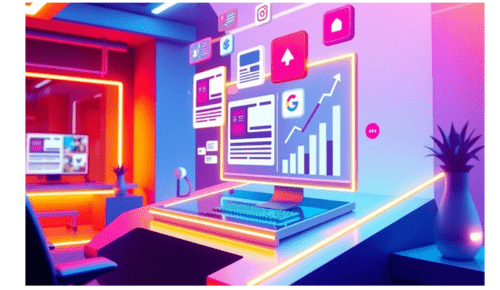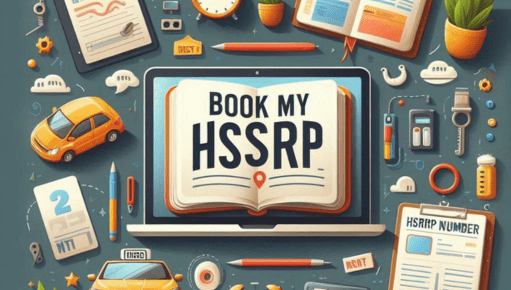DAOs: The Evolution of Governance in the Digital Age”

By Dr. Pooyan Ghamari, Swiss Economist
The advent of Decentralized Autonomous Organizations (DAOs) represents a monumental shift in how we approach governance. Built on blockchain technology, DAOs offer a system where decisions are made collectively, and power is distributed among all members. Unlike centralized organizations, DAOs operate through smart contracts, which are designed to enforce rules and automate processes, offering a governance structure that is democratic, transparent, and efficient.
How DAOs Work: A Self-Governing Model
At the core of a DAO are smart contracts—self-executing codes that establish the organization’s rules and facilitate transactions. Governance tokens grant members voting rights, allowing them to participate directly in critical decisions. This model eliminates the need for a central authority, making DAOs fully autonomous and transparent. Every decision and transaction is recorded on the blockchain, enabling accountability and fostering trust among members.
Benefits of DAOs
DAOs are distinguished by several advantages that challenge traditional governance models:
- Transparency: Blockchain technology ensures that all actions and transactions within a DAO are visible to every member, promoting accountability.
- Decentralized Control: Power is distributed among members rather than concentrated, creating an environment where decisions are made collectively.
- Cost-Effective Management: Smart contracts reduce the need for manual administration, cutting down on operational costs.
- Global Accessibility: DAOs allow people from different regions to participate, promoting diversity and enhancing decision-making through varied perspectives.
DAOs in Action: Real-World Applications
DAOs are making a significant impact across industries, demonstrating their versatility and potential:
- Financial Services (DeFi): In DeFi, DAOs allow users to influence aspects like interest rates and policy changes, aligning platform evolution with community needs.
- Charitable and Social Organizations: DAOs offer a transparent way to manage funds for charitable projects, ensuring that resources are used as intended and enabling donors to track impact.
- Creative and Artistic Communities: Artists and creators utilize DAOs to manage their work rights, allowing supporters to directly engage and ensuring fair revenue distribution.
Challenges Facing DAOs
While DAOs offer numerous benefits, they also face several challenges:
- Regulatory Hurdles: The lack of regulatory clarity around DAOs creates compliance difficulties in various jurisdictions.
- Security Concerns: Smart contracts, while powerful, can be vulnerable to exploits, making regular audits essential for maintaining trust.
- Scalability Issues: As DAOs grow, reaching consensus can become slower, impacting decision-making efficiency.
- Participation Levels: High member engagement is necessary for DAOs to function effectively, but low participation can hinder democratic governance.
Looking Ahead: DAOs as a Model for Future Governance
DAOs represent a fundamental shift in governance that emphasizes transparency, inclusivity, and collective decision-making. With continued development and regulatory recognition, DAOs could become a preferred governance model for various organizations, offering a transparent, cost-effective, and global platform for collaboration. As DAOs evolve, they may become a foundational structure for communities, corporations, and initiatives worldwide, marking a new era of governance where power truly lies with the people.
For more insights and smart investment opportunities, visit the original article here from this link. You can also find out about the latest news on A Land new section. Also for the latest trends in gold investment and to begin your journey into purchasing precious metals, visit EE Gold official website.






